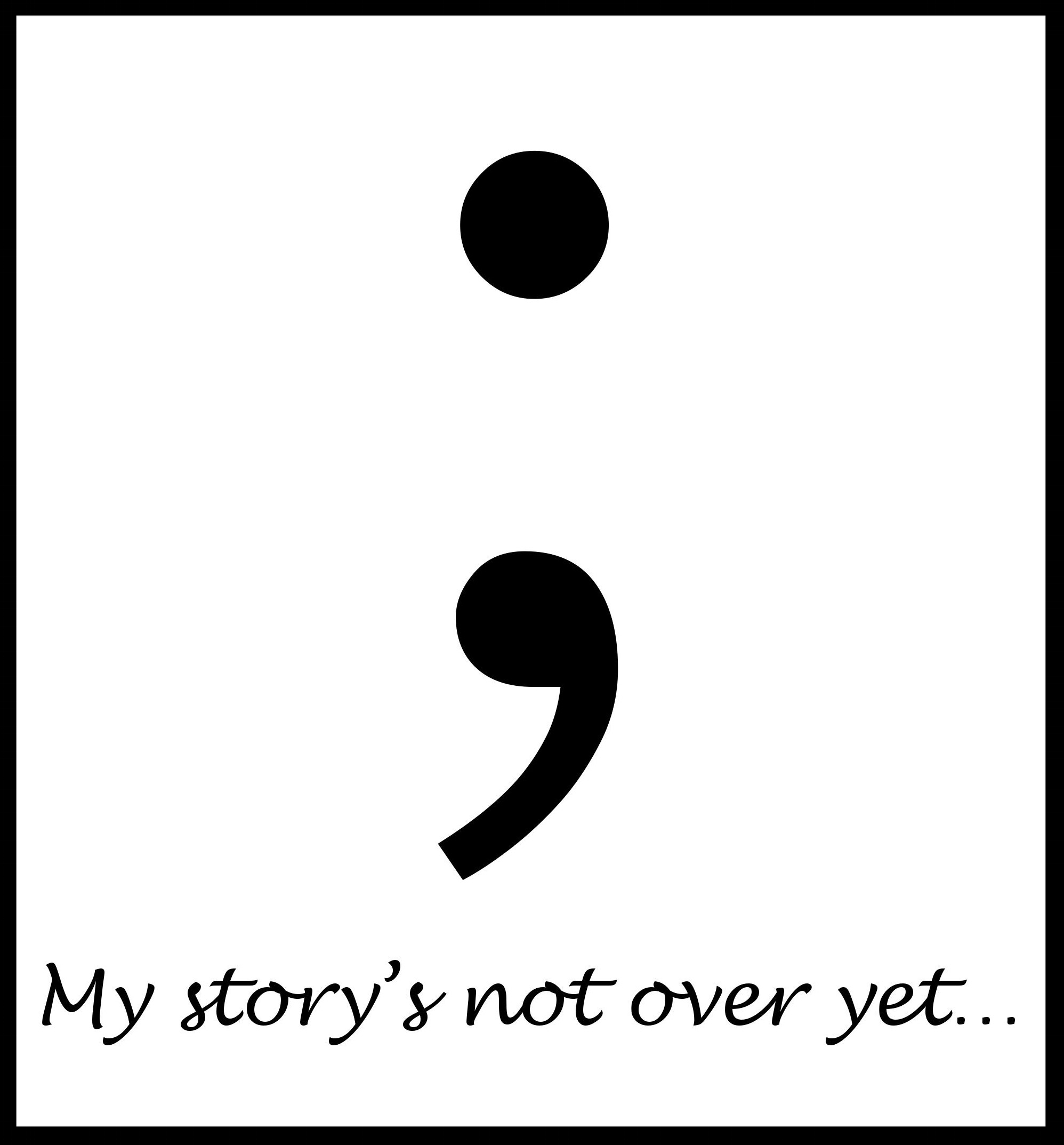I was singing along to Kelly Clarkson* in my car today, specifically Save You. Now I love a car-based singalong as much as the next guy, but there’s one line that it galls me to belt out every time – because of the terrible grammar. KC tells the person she wants to save that she’s ‘not going nowhere’. Which, as I’m sure you’re aware is a double negative and means she is, in fact, going somewhere, and not saving anyone. Okay, I’ll admit that ‘I’m not going anywhere’ probably wouldn’t have worked with the tune (although if you sing it really fast in the car you can MAKE IT FIT). All of which got me thinking – who else is playing fast and loose with grammar for the sake of a good tune?
Bill Withers – Ain’t No Sunshine
Yes, it’s an amazing song. But the double negative in the title means that technically he’s saying it is sunny when she’s gone. Which is sad. Probably also accurate, as there’s sun pretty much everywhere at least some of the time, but sad nonetheless.
Lady Gaga – Bad Romance and You and I
Gaga’s a repeat offender. In Bad Romance she sings ‘You and me could write a bad romance’, which should obviously be ‘You and I could write a bad romance’. Then, presumably just to add grammar insult to grammar injury, she wrote a song called ‘You and I’ which should be called ‘You and me’. SIGH.
She’s not alone either – Bryan Adams has also fallen victim to the I/me confusion. In Run to You (choon!) he sings ‘But that’d change if she ever found out about you and I’ when it should be ‘you and me’. As mentioned in a previous blog post, it’s a simple rule – just take out the ‘you and’. Does it still make sense? No Bryan, it doesn’t.
Justin Timberlake – What Goes Around
‘When you cheated girl, my heart bleeded girl.’ What?
Jay-Z and Alicia Keys – Empire State of Mind
‘Concrete jungle where dreams are made of.’ I say again; what?
Timbaland – The Way I Are
It’s right there in the title. And all the way through the blimmin’ song, including the unforgivable line: ‘Can you handle me the way I are?’ No, I genuinely can’t.
Eminem and Rihanna – Love The Way You Lie
I already wrote a blog post about these lyrics in my previous incarnation working for a writing agency. But the ridiculousness of them means they deserve repeating. Brace yourselves...
‘Now you get to watch her leave,
Out the window, guess that’s why they call it window pane.’
Okay, not technically a grammar issue, but definitely rubbish.
*I realise it’s probably not very cool to admit my love of Kelly Clarkson but I’m old now and I don’t really care what people think of my music taste. In fact, I’ll quite happily admit that I own every album she’s ever made. Although I also own every album Marilyn Manson’s ever made, so they may well cancel each other out.







